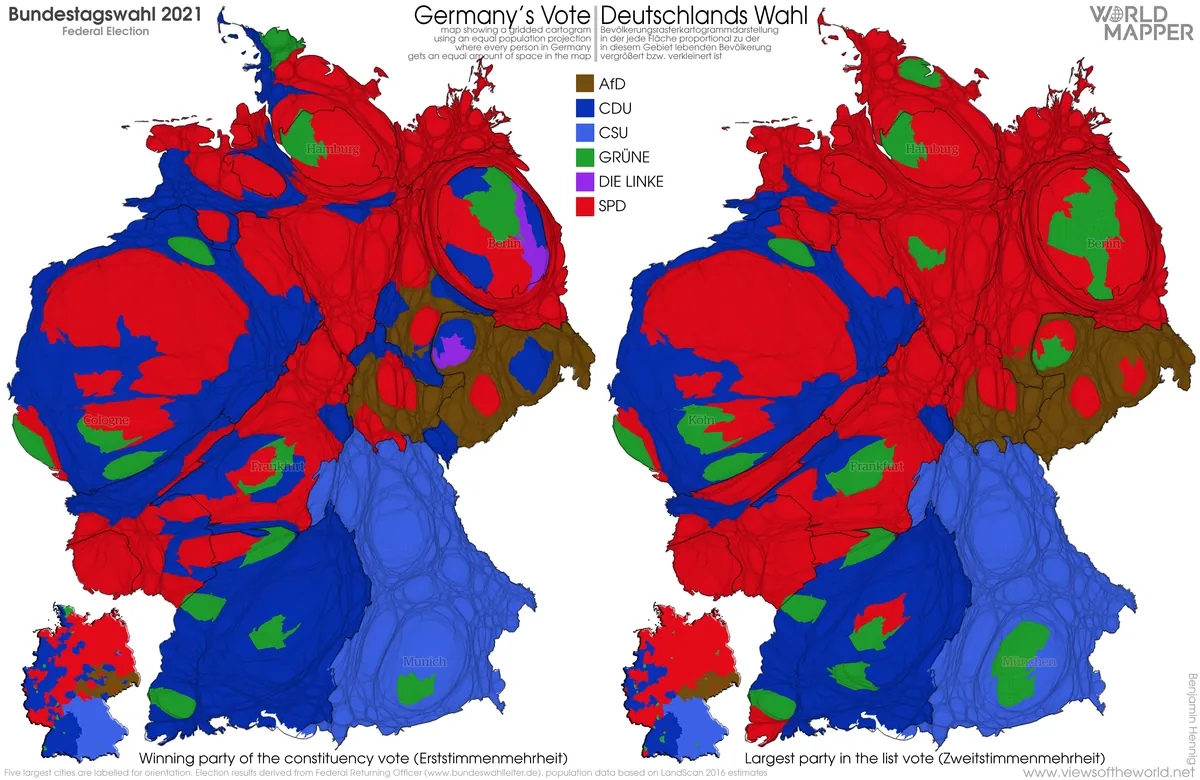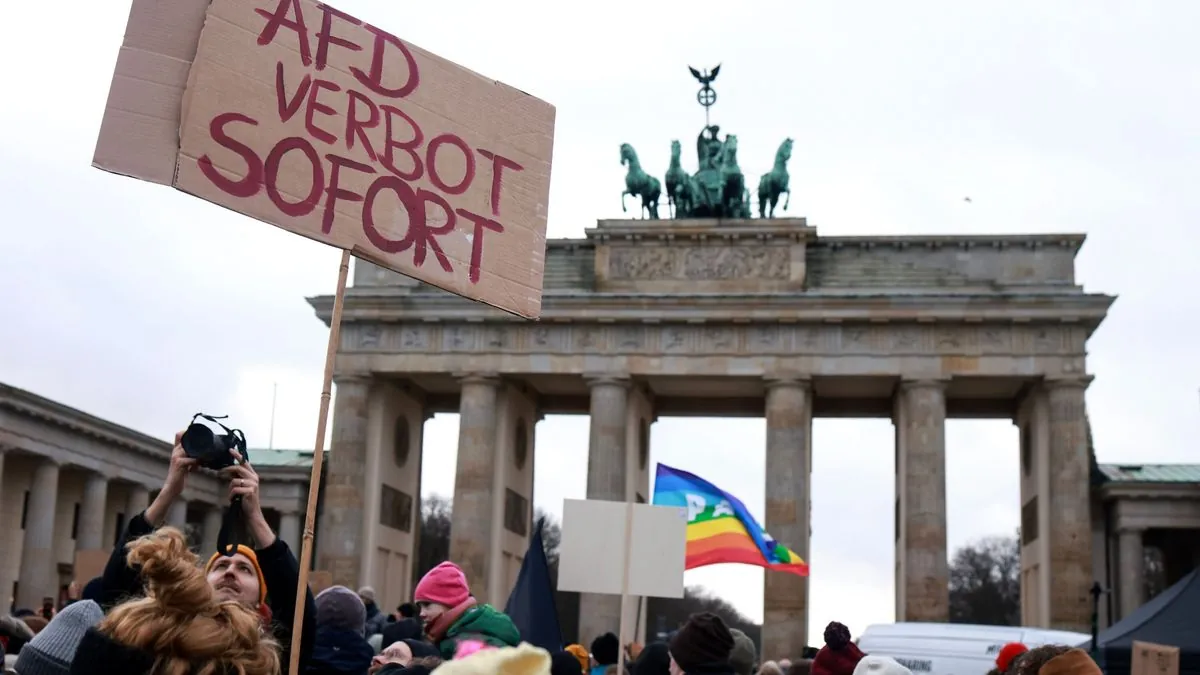Far-right AfD's state election wins challenge German politics
AfD secures victory in Thuringia and strong second place in Saxony, prompting Chancellor Scholz to urge democratic coalitions. The far-right party's success complicates government formation and raises concerns for future elections.

In a significant shift in German politics, the far-right Alternative for Germany (AfD) party has achieved unprecedented success in recent state elections. The party secured a historic victory in Thuringia and a strong second-place finish in Saxony, marking a turning point in post-World War II German politics.
Olaf Scholz, Germany's Chancellor, responded to these results by calling on mainstream parties to form coalitions without the AfD's involvement. He emphasized the importance of maintaining stable governments free from what he termed "right-wing extremists." Scholz expressed concern about the potential damage to Germany's economy, social cohesion, and international reputation.
The AfD's success presents a significant challenge for coalition building in both states. With all other parties ruling out alliances with the AfD, forming stable governments will be a complex task. This situation may foreshadow similar difficulties in the upcoming federal elections scheduled for 2025.

In response to the election results, hundreds of citizens took to the streets in Saxony, Thuringia, and other major cities to protest against the far-right's gains. Demonstrators carried placards with slogans opposing the AfD and calling for action against extremist parties.
The AfD, founded in 2013 as a Eurosceptic party, has evolved significantly over the past decade. Initially viewed as a protest party, it has now garnered a more committed base of supporters. According to recent surveys, approximately half of AfD voters in Saxony and Thuringia cast their ballots "out of conviction" rather than mere protest.
Coalition formation in both states will likely be led by the center-right Christian Democratic Union (CDU). However, the party faces a dilemma as it may need to consider cooperation with the Left Party to form a majority, challenging its long-standing policy of non-cooperation with far-left parties.
The poor performance of Chancellor Scholz's coalition parties in these state elections raises concerns about their prospects in the 2025 federal elections. The Social Democrats (SPD), Greens, and Free Democrats (FDP) all struggled to gain significant support in Thuringia and Saxony.
"The voters have made a clear decision. They want the AfD to participate in the government."
Looking ahead, all eyes are now on the upcoming state election in Brandenburg on September 22, 2024. As another AfD stronghold, the results there could have significant implications for Chancellor Scholz's political future and his potential bid for a second term.
The rise of the AfD in these eastern states highlights the ongoing challenges faced by German politics in addressing issues such as migration, security, and economic disparities between eastern and western regions. As Germany approaches its federal elections next year, the political landscape continues to evolve, presenting new challenges for traditional parties and coalition-building strategies.


































